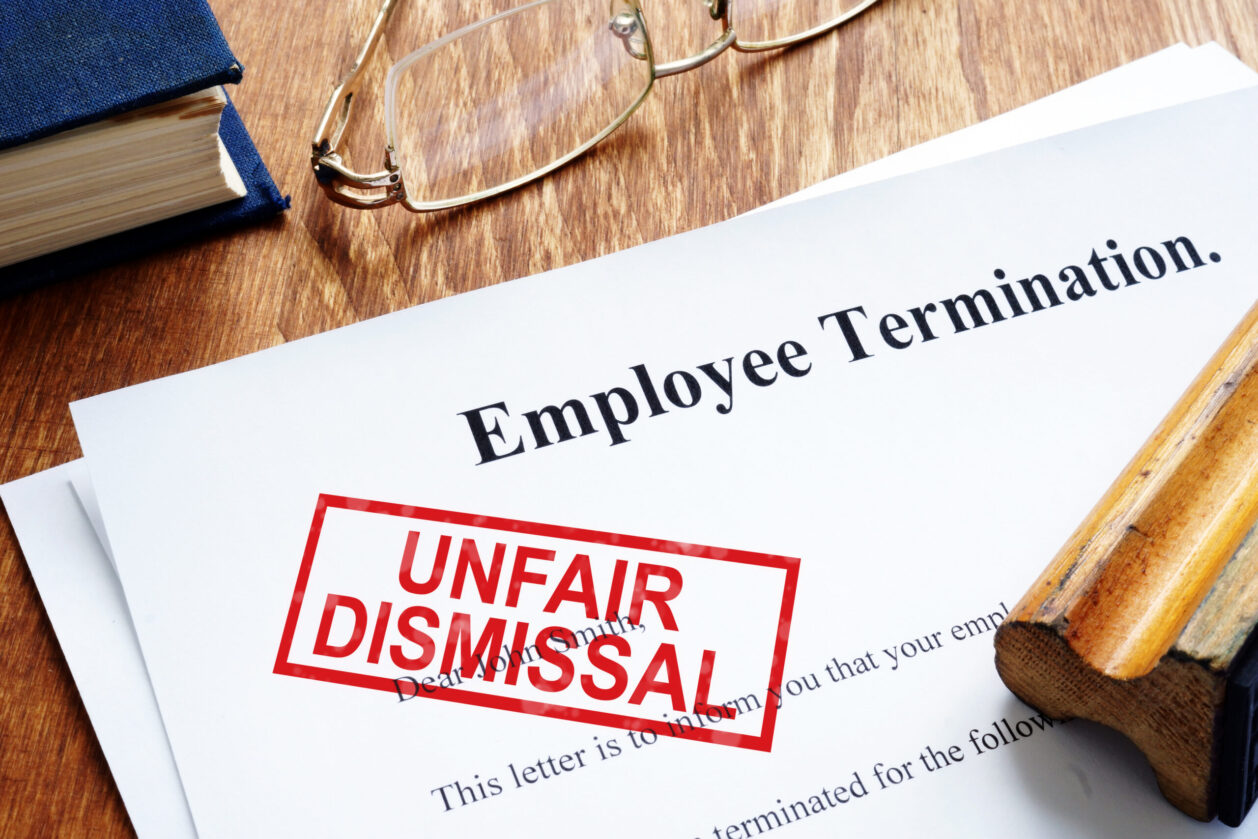
Someone misbehaved at the Christmas party. So what now?
The mixture of alcohol and festive cheer can lead to misbehaviour at end-of-year work functions, no matter how well prepared you are as a workplace.
But if you are dealing with the hangover of an unfortunate incident from the silly season, there are steps you can take to ease the process.
CCIWA Senior Employee Relations Advisor Eve Vasilas explains.
Preparation is key
When planning an end-of-year bash, the first thing you should do as an employer is ensure you have up-to-date policies and procedures.
Vasilas says you need to “make sure you have policies and procedures on professional behaviour” and make them clear to your employees well ahead of the function.
More details on creating health and safety checklist here.
Can you fire someone for their behaviour at a Christmas party?
The short answer is yes, but only under certain circumstances. As Vasilas explains, the action an employer can take comes down to the seriousness of a worker’s contravention.
“It really depends what they’ve actually done. You would have to undertake an investigation if there’s been some sort of complaint (but) in terms of termination – only if it’s quite serious,” she says.
While every situation is unique, Vasilas says an employee becoming intoxicated and rowdy was less serious than if they engaged in sexual harassment.
When investigating a worker’s alleged actions, it is also important to determine whether they have been accused of similar behaviour in the past.
“If it is the first event or incident, then you could only really terminate if it’s a serious issue,” she says.
A written warning might be more suitable than terminating someone’s employment, in many cases.
Conducting an investigation
If an employee files a complaint about a co-worker’s actions at a Christmas party, a workplace - through HR or management - must treat it seriously.
As an employer, you must gather all the evidence relating to an allegation via witness statements.
Vasilas explains that depending on the nature of the offence, a workplace may stand down a worker on pay while an investigation is taking place.
“If it is a relatively serious contravention and you don’t want them there, you can stand them down – but you have to pay them,” she says.
That worker would then be called in to speak with their manager or HR department about the accusations that have been made and be allowed to provide a right of reply.
The fate of the worker in question is up to the workplace, unless the matter has progressed to the judicial system, but the worker is within their rights to challenge the decision.
Unfair dismissal
Any workplace that dismisses a worker is at risk of that worker filing an unfair dismissal claim.
Vasilas sayss that no decision is ever black and white, particularly when it comes to employee’s behavior at workplace functions.
Find more information on managing an employee’s departure here.
To seek advice, contact CCIWA’s Employee Relations Advice Centre on (08) 9365 7660.
Case study
The case of Keenan v Leighton Boral NSW (2015) shows how difficult it can be for employers to dismiss a worker based on their actions at workplace functions.
In late 2014, Leighton Boral Team Leader Stephen Keenan engaged in several incidents of misconduct during and after his workplace Christmas party.
The Fair Work Commission (FWC) heard that Keenan swore at the company director, spoke in an aggressive and intimidating manner to one female colleague and kissed another without invitation or warning.
Upon hearing about these and other incidents, Leighton Boral acted to terminate Keenan – who then submitted an unfair dismissal claim to the FWC.
The FWC overturned Keenan’s dismissal on the grounds that his employer did not provide clear expectations of behaviour standards beyond the physical and time constraints of the function itself, i.e. it did not include anything about the unofficial after party.
The FWC also said the allegations relating to Keenan’s behaviour at the Christmas function were not properly put to him by the company’s HR department and this procedural failure resulted in his dismissal being unfair.
The flowing provision of alcohol by the employer was also noted, as well as Keenan’s previously commendable work record.






